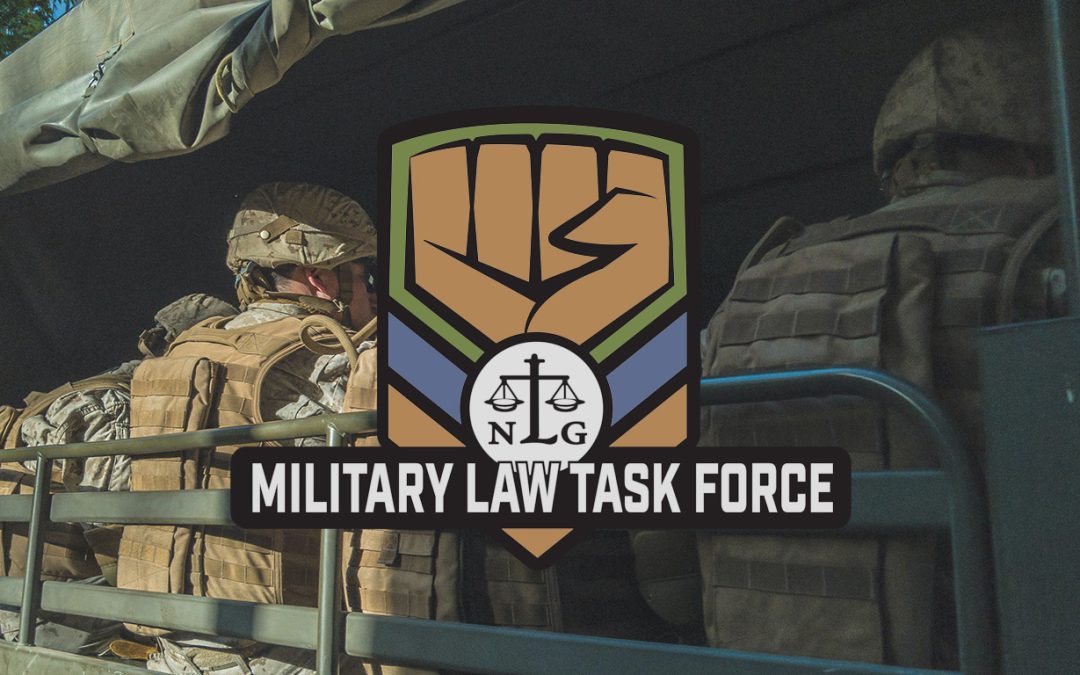BY JEFF LAKE
There have been a few new developments regarding the administration’s ban on military service by transgender individuals. This article will attempt to summarize the most significant of these.
As noted previously, the U.S. House of Representatives passed the Speier/Brown amendment to the FY 2020 National Defense Authorization Act. This amendment would have allowed all people to serve in the military regardless of gender identity so long as they meet gender-neutral standards. This amendment passed by a vote of 242 to 187. However, the NDAA was then sent to the Senate in December where the amendment was removed. A coalition of groups working on these issues, including the Human Rights Campaign, National Center for Transgender Equality, GLBTQ Legal Advocates and Defenders (GLAD), Modern Military Association of America, National Center for Lesbian Rights, Lambda Legal, American Civil Liberties Union (ACLU) and the Palm Center expressed disappointment with this outcome and vowed to fight on.
After an initial flurry of activity in the courts, there have been few public filings regarding this issue. Most of the cases have moved to the discovery stage where the parties and the courts are negotiating over what documents should be released by the government to the plaintiffs.
An example of this comes from the Western District of Washington in the case of Karnoski v. Trump. In this case, the plaintiffs were seeking discovery to substantiate their allegations that Defendants’ ban on transgender military service was not animated by independent military judgment but was instead the product of impermissible discriminatory intent. The Plaintiffs requested documents regarding the work and communications of non-voting members of the Panel which recommended the transgender ban and drafts created by the Pentagon who were tasked with writing the Report and Recommendations after the Panel concluded its work. The government responded that there were over 35,000 responsive documents, but that they were protected by the “deliberative process privilege.”
In a decision filed December 18, 2019, the court stated the law which is that the deliberative process privilege is not absolute and is narrowly construed. While the government argued that the documents were not relevant, the court disagreed, finding that the nature and scope of the input from non-voting members of the Panel is relevant to assessing the issues. As to the Report and Recommendations issued by the Pentagon, the court found that Plaintiffs’ request for documents relied upon in preparing the report were relevant to assessing whether the Ban was implemented in reliance on the independent recommendations of the Panel.
Discovery in the case continues. On February 3, 2020 the parties were scheduled to meet with the court to assess the Defendants’ privilege claims regarding Plaintiffs’ next requests for production.
Given the protracted nature of the discovery process, it is not clear if any of the pending court challenges to the transgender ban will proceed to trial this year. If so, these will be trials will be covered in future issues of On Watch. Please continue to subscribe to receive updates and the latest developments concerning the transgender ban.



